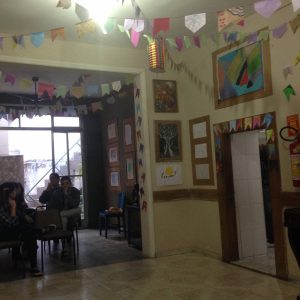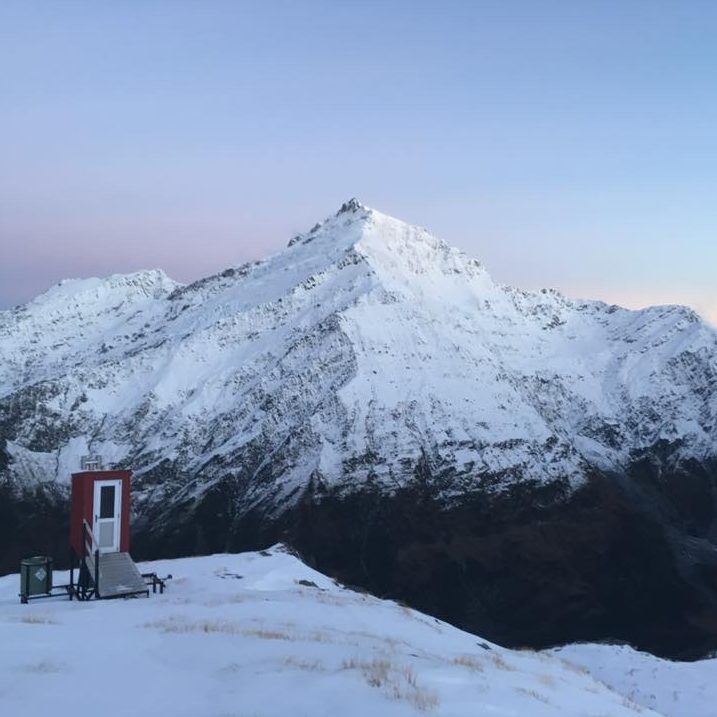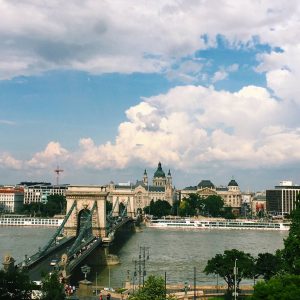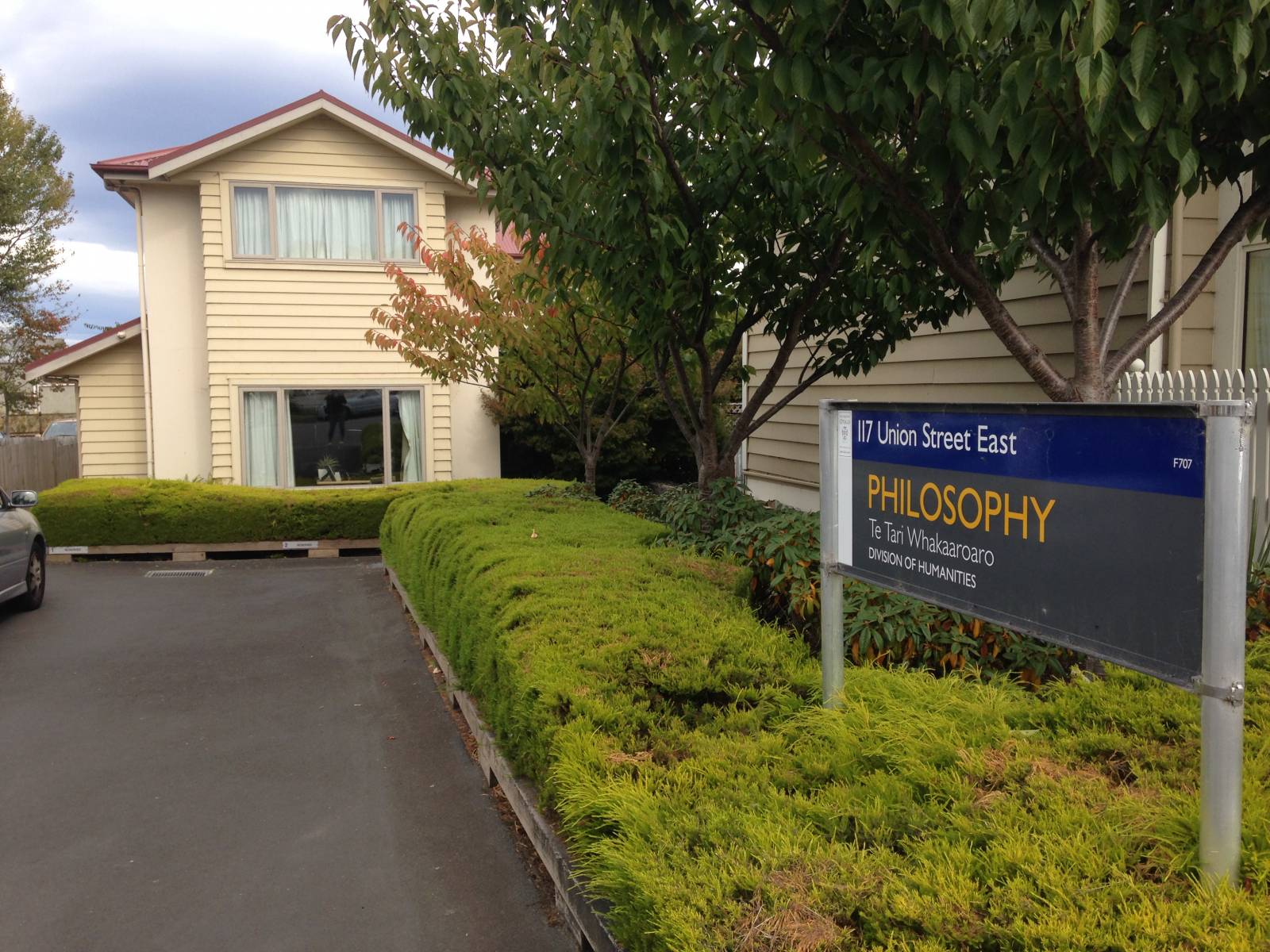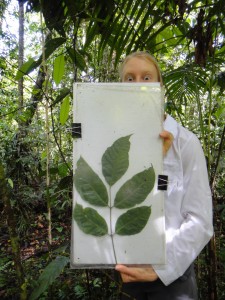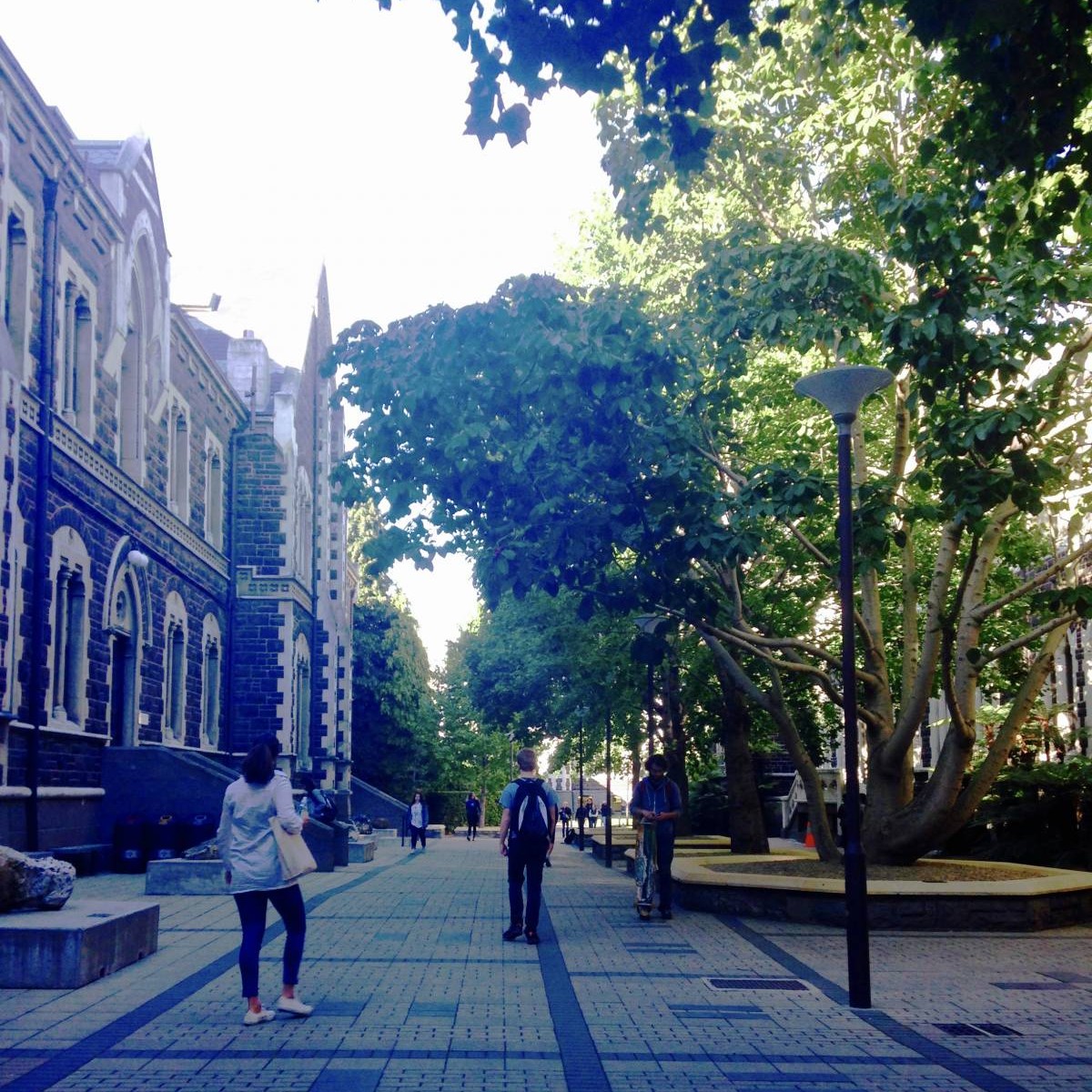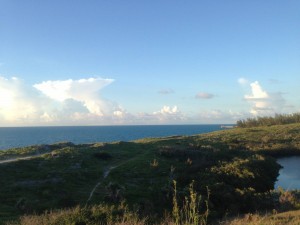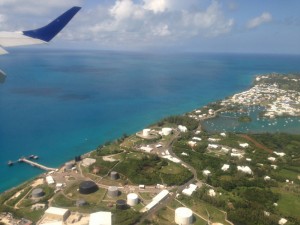It was Wednesday, the final round of my second day of water sampling, when I hit a bump in the road with the rolling cooler I was pulling behind me. The second cooler of water samples, which had been stacked on top, toppled to the asphalt. Eight ice packs and 54 water sample bottles careened out of the cooler and across the road.
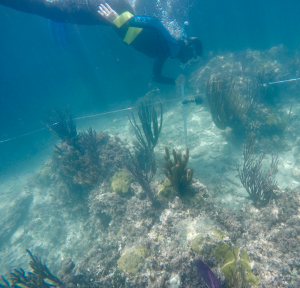
This, I thought to myself, throwing my hands up in the air like a cartoon character, is absurd. I scooped the samples up from the pavement, picking a few out from the grassy verge where they’d fallen, and shoved them back into the cooler (carefully packing ice back over the top). I reminded myself, as I have often these past six weeks: This is science.
I’m in Bermuda for two months this summer, studying how polluted groundwater discharge is affecting near-shore coral reefs. The field season has been exciting, fulfilling, challenging, and full of slightly ridiculous situations. I’ve gone swimming along the reef like an aquatic Gandalf, carrying a camera mounted on a PVC stick. I’ve attached equipment to the reef by looping zip-ties through holes in the rocks, and so have spent hours poking these zip-ties into crevasses and attempting to pull them through on the opposite side. Continue reading Science, the Absurd


